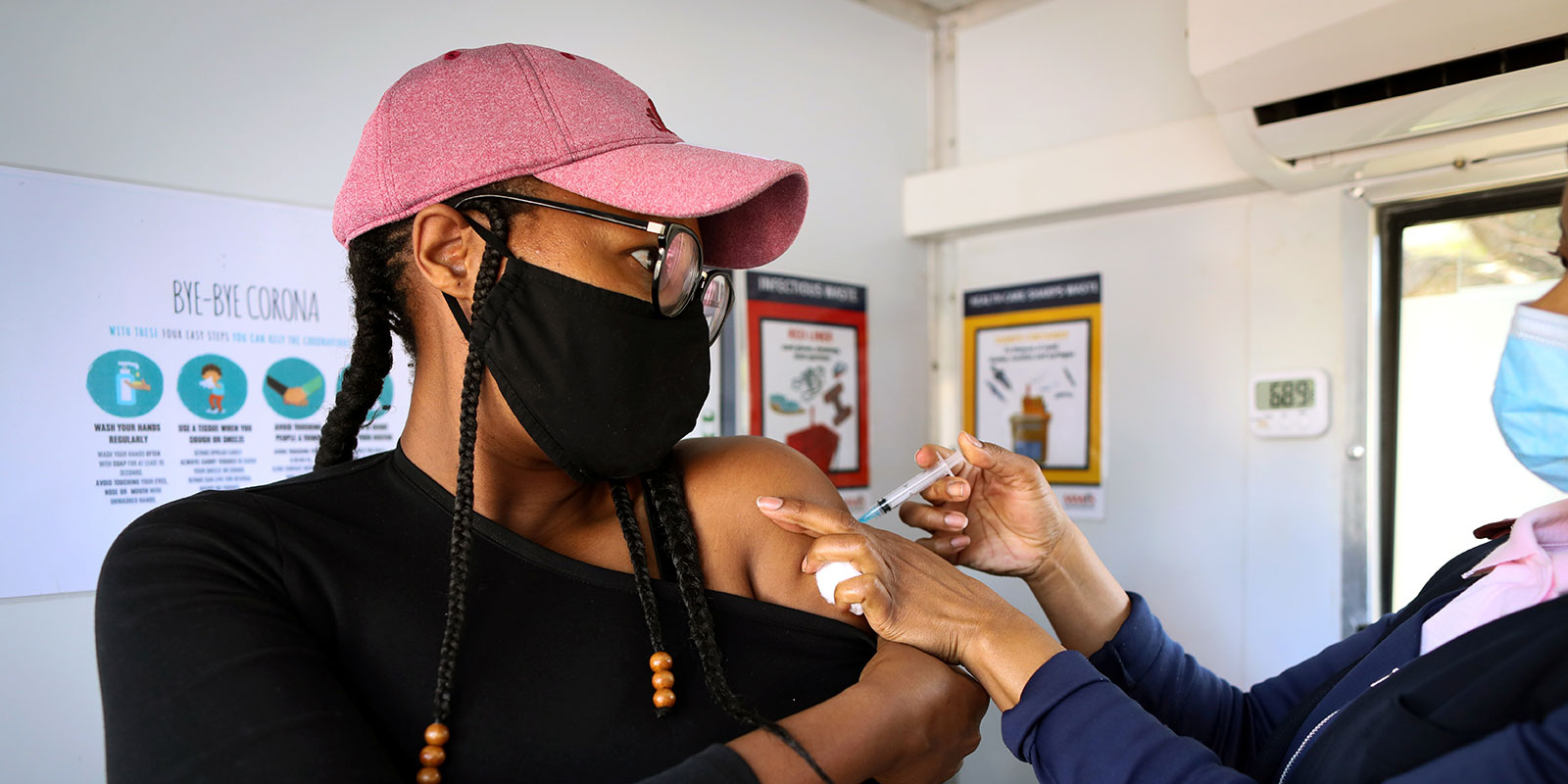Indeed, the youth can be more sceptical and inquisitorial, and given the influx of conspiracy theories and misinformation regarding COVID-19 on social media, which serves as somewhat of a home for young people, their supposed vaccine hesitancy should not shock and conversely should not induce panic.
Young South Africans have revolutionized messaging around COVID-19 vaccinations, employing the use of social media, content creators, influencers, and celebrities to drive increased immunisation @KEEN110997
Tweet
Between 19 August 2021, when the Department of Health announced the opening of vaccinations for people aged 18 – 35, and the morning of 20 August, the first day of vaccinations for this cohort, there were some 560 000 registrationson the vaccination portal. This was an overwhelming response to the call to get vaccinated and was a reaction not envisaged by earlier studies which suggested that the youth were more hesitant to be vaccinated. While the jury is still out on the veracity of such assertions, the encouraging response by the youth to the first vaccine rollout programme of its kind, may provide the impetus needed to come close to the goal set by the government to vaccinate 70% of the adult population (28 million people) by the end of 2021, but will also serve to dispel some panic surrounding vaccine hesitancy in the country. In fact, the very same studies go on to suggest that vaccine hesitancy is not as big an issue as we may think, and this has been evidenced by the general inclination of young people to ‘have the jab’. In light of the fact that two thirds of the adult population are in favour of the vaccine, the one third figure of those against or ambivalent to the vaccine should not drive anyone to despair. At the time of writing, some 9.1 million individuals have been fully vaccinated in South Africa, which accounts for 22.86% of the total adult population. The uptake of vaccinations due to the surge of young people should also have the effect of changing the immunisation trajectory for the better.
The University of Johannesburg’s Centre for Social Change and Human Sciences Research Council’s (HSRC) Developmental, Capable and Ethical State (DCES) division conducted an online survey among South Africans with the overarching aim to determine public perceptions of the economic, social, and political impact of COVID-19 on life across the country, as well as people’s willingness to have a COVID-19 vaccine. The main findings of the study, which concluded in January 2021, were that 67% said they would definitely or probably take a vaccine; 18% said they would definitely not or probably not have the vaccine and 15% were unsure if they would have the vaccine. Support for vaccination increased with age as people 55 and older were more likely to report that they would have a vaccine than those aged 18 to 24 (74% versus 63%). A similar survey was carried out by Ask Africa, in which they surveyed the willingness of South Africans to be vaccinated and found that citizens are conflicted in their intention to be vaccinated as there is willingness and yet simultaneous concerns. Likewise, ORB International, on behalf of Africa Centres for Disease Control and Prevention (Africa CDC), conducted a survey to investigate public knowledge and perceptions of both the COVID-19 pandemic itself and COVID-19 vaccine acceptance among adults in 15 African countries, which also seemed to support the notion that vaccine scepticism was higher among younger cohorts.
While the UJ-HSRC, Ask Afrika and Africa CDC studies concluded that age may be an important determinant in vaccine hesitancy, with younger adults in all three studies recording more concerns and/or being less accepting of a COVID-19 vaccine, the uptake of vaccinations among the South African youth age group has been prodigious. Vaccinations among this group remained high from 20 August 2021, with well over 80 000 young people getting a dose of the vaccine daily with 99 000 shots administered to this cohort on 24 August 2021 alone. Since Sunday, 22 August 2021, the country has recorded 1.5 million new vaccinations, a weekly record, spurred on in part by the integral role played by South African youth in encouraging their peers to be vaccinated.
Young South Africans have revolutionized messaging around COVID-19 vaccinations, employing the use of social media, content creators, influencers, and celebrities to drive increased immunisation. President Cyril Ramaphosa in his weekly open letter to South Africans commended the youth and said that he was not surprised to see them rising to the task with such determination. “Young people have always been the drivers of progress, innovation and change. We would like to see young people becoming walking adverts for the vaccination process. We appeal to young people to post pictures of themselves getting vaccinated” said President Ramaphosa. Undeniably, South African youth are well on the path to reclaiming any semblance of normal life, a life pre-COVID-19, and they will not be hindered in this endeavour by misinformation, conspiracy theories or those individuals who wish to derail the vaccination drive.
Keenan Govender is a Programme Officer within the Research Unit at ACCORD.


